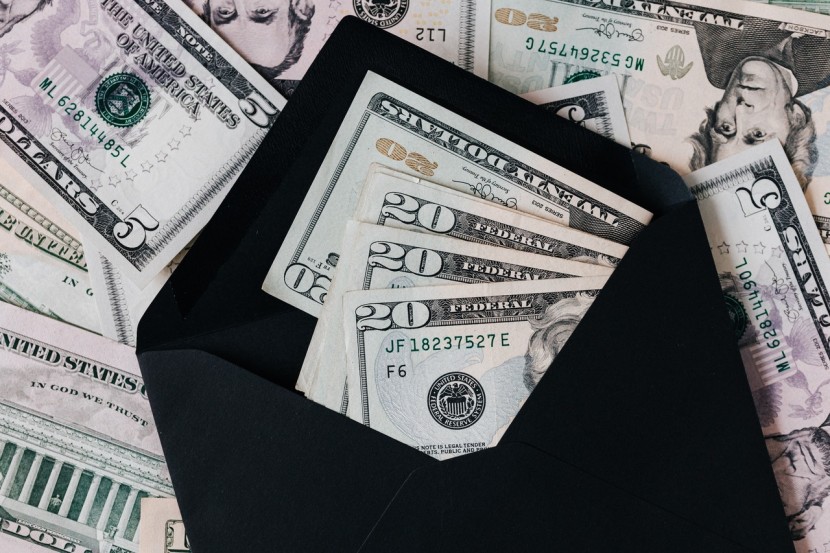
The United States has topped a gross national debt of $30 trillion for the first time on Tuesday, a situation that could severely impact Americans as they struggle amid the coronavirus pandemic.
Authorities believe that the situation is an ominous milestone that shows the country's fiscal situation deteriorating. The historic debt underscores the nation's fragile long-term economic health as it continues to be devastated by the health crisis.
$30 Trillion National Debt
The coronavirus pandemic has brought a multitude of problems into the mix, such as soaring prices of products and the potential of higher interest rates across the region. The Treasury Department released the data on Tuesday and is a situation that arrived much earlier than anticipated.
The massive debt comes as a result of the United States government's federal spending that amounts to trillions of dollars. The money has been used to combat the coronavirus pandemic and support the American people. Authorities used borrowed money to finance $5 trillion that was used to expand jobless benefits, provide financial support for small businesses, and stimulus checks, the New York Times reported.
Economists have argued among themselves over the scale of the problem and if it really is too much debt for the country to handle. However, the U.S. debt comes as borrowing costs are expected to rise in the near future.
The U.S. Federal Reserve has shifted to fighting the rise of inflation after several years of severely low interest rates. The federal government is planning to launch its first interest rate hikes since 2015, a situation that is made worse with rising borrowing costs.
The coronavirus pandemic was the driving force in the surge of spending that the U.S. government made as lawmakers tried to cushion the economic blow from the health crisis. Since the end of 2019, the country's national debt has surged by roughly $7 trillion due to various factors.
Financial Crisis
Chief global strategist at JPMorgan Asset Management, David Kelly, said that America's $30 trillion national debt would not result in a short-term crisis, as per CNN. However, he noted that the country would end up becoming poorer in the long term because of the amount.
He noted that roughly $8 trillion of the total national debt was money that America owed to foreign investors: Japan and China being the top creditors, and it is also the money that needs to be paid back with interest. Kelly said that American taxpayers will be paying for the retirement of the people of China and Japan.
Furthermore, about $6 trillion of the $30 trillion is owed by the U.S. government to itself through government trust funds. The country's debt began to surge in the last few decades, a situation that started with the Great Recession of 2008. In December 2007, shortly before the financial crisis, the national debt was $9.2 trillion.
The head of the Peter G. Peterson Foundation, Michael Peterson, said that the United States hitting the $30 trillion national debt mark was a milestone of a dangerous nature. He argued that the country has had an unsustainable structural fiscal path since before the coronavirus pandemic, according to The Hill.
Related Article:
2 New York Pediatric Nurses Rake Over $1.5 Million in Selling Fake COVID-19 Vaccine Card
© 2025 HNGN, All rights reserved. Do not reproduce without permission.








